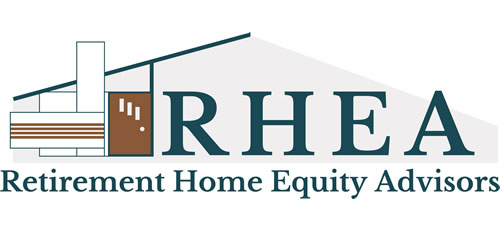In their retirement years, everyone deserves the assurance that they can live in continued comfort, afford necessities like food and clothing, and cover any medical expenses that may arise. What’s even better is the flexibility to pay off accumulated debt, complete home projects, travel the world, or take any number of other steps toward a more fulfilling life. However, this level of financial stability is becoming increasingly difficult for retirees to attain. Gone are the days where a life of hard work was all it took for most Americans to retire in comfort.
Luckily, options like Reverse Mortgages are helping countless retirees across the country achieve the stability and peace of mind enjoyed by the generations before them. A Reverse Mortgage empowers people 62 and older to access a portion of the equity they have built in their home in the form of cash, with the freedom to spend it however they see fit. Unfortunately, there are many myths about Reverse Mortgages that have given them a bad reputation over the years. These misconceptions are harmful and prevent people from attaining the financially sound retirement they deserve. Below are three of the most common myths.
Myth 1: Reverse Mortgages are Scams
Headlines today are full of stories about dubious loans with high interest rates and financial scams targeting seniors. The people that perpetrate these scams will go to great lengths to swindle people, and they often do so using the cover of a legitimate practice or enterprise. For example, social security, health insurance, and charities are all real, credible things. However, they are among the most common “disguises” scammers use in their cons. Reverse Mortgages fall into this same category.
The actions of a few bad people have made it hard for many good ones to trust this extremely helpful resource. If you are looking into a Reverse Mortgage, it is important to find a trustworthy and licensed specialist. They can help you find a safe and legitimate program, such as a Home Equity Conversion Mortgage (HECM), which is insured by the U.S. Federal Government.
Myth 2: Reverse Mortgages Do Not Protect Consumers
Many people are concerned that signing up for a Reverse Mortgage is a risky proposition. They worry that they’ll become financially vulnerable or even wind up owing more than their house is worth. In fact, there are many safeguards built into these programs to protect borrowers. For example:
- They are “non-recourse” loans, which means that you or your heirs cannot owe more than the home is worth.
- They require an educational counseling session held by a counselor that has been approved by the U.S. Department of Housing and Urban Development (HUD).
- Programs like HECMs are insured by the Federal Housing Administration (FHA).
Myth 3: The Borrower Will No Longer Own Their Home
There is a common misconception that signing up for a Reverse Mortgage means giving up ownership of one’s home, even if it is fully paid off. Fortunately, this is not the case. When you sign up for one of these programs, your name remains on the title and you will continue to live in your home for the entire duration of the loan.
Contact Our Reverse Mortgage Specialists
If you are unsure of how to successfully plan for your retirement or are retired and wish to increase your financial flexibility, a Reverse Mortgage may be the perfect solution. To learn more about how such a program could work for you, contact Retirement Home Equity Advisors in Gilbert, Arizona today. We serve senior homeowners throughout the States of Arizona, California, and Colorado; we can help you strategically leverage your home equity to decrease risk and improve financial stability throughout your retirement.

